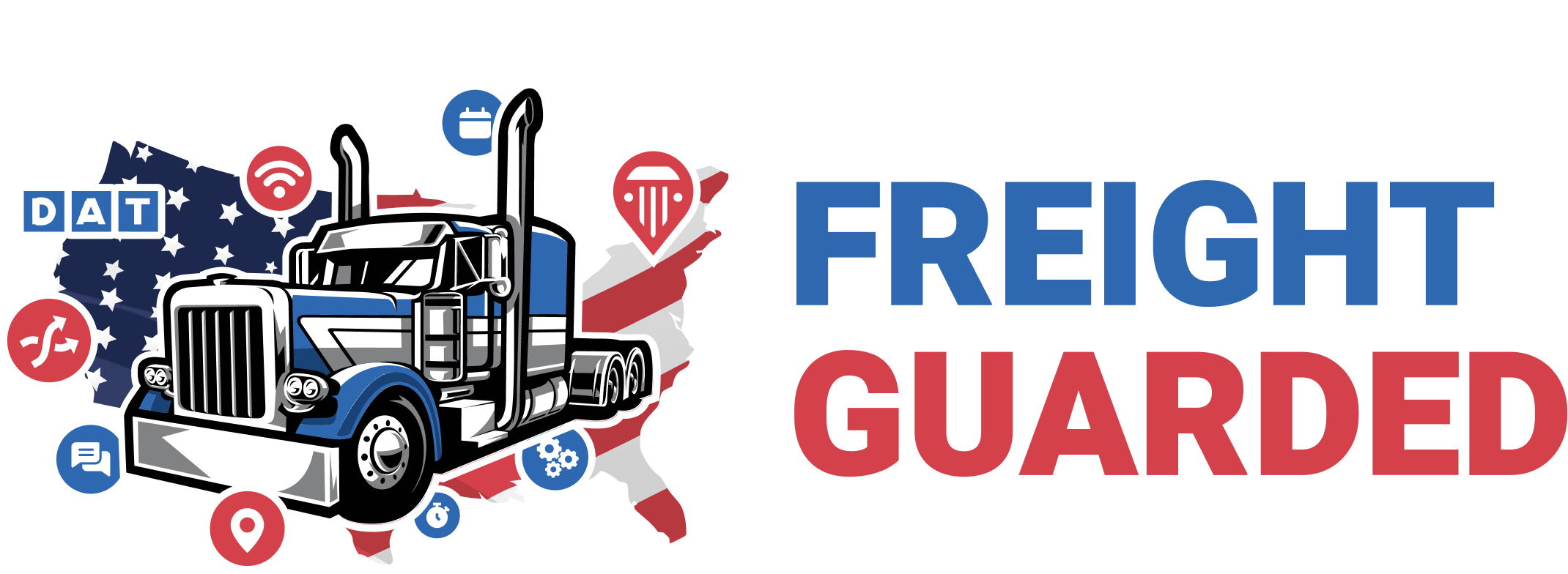Maintaining a Commercial Driver's License (CDL) in the United States requires adherence to strict regulations and standards, both on and off the road. Certain violations can lead to the suspension, revocation, or disqualification of a CDL, which can have a significant impact on a driver's career and livelihood. Here's an overview of violations that can result in the loss of a CDL:
Major Offenses
- Driving Under the Influence (DUI): Operating a commercial vehicle with a blood alcohol concentration (BAC) of 0.04% or higher, or under the influence of controlled substances, can lead to CDL disqualification. DUI convictions in a personal vehicle can also affect a CDL.
- Refusal to Undergo Alcohol Testing: Refusing to submit to a blood alcohol test as required by law can result in CDL disqualification.
- Leaving the Scene of an Accident: Being involved in a traffic accident and failing to stop, report, and provide assistance as required by law can lead to serious penalties, including CDL disqualification.
- Using a Vehicle to Commit a Felony: If a commercial vehicle is used to commit a felony, the driver can face CDL disqualification. If the felony involves manufacturing, distributing, or dispensing controlled substances, the disqualification can be permanent.
- Negligent Driving Resulting in a Fatality: Operating a commercial vehicle negligently or recklessly and causing a fatality through the use of the vehicle can result in CDL disqualification.
Serious Traffic Violations
- Excessive Speeding: Typically defined as driving 15 mph or more above the posted speed limit. Multiple convictions of serious traffic violations within a certain timeframe can lead to CDL disqualification.
- Reckless Driving: Driving a commercial vehicle in a reckless or negligent manner can result in disqualification.
- Improper Lane Changes: Making erratic or improper lane changes without ensuring safety can lead to penalties.
- Following Too Closely: Tailgating or following another vehicle too closely can be considered a serious violation for a CDL holder.
- Traffic Violations Involving a Fatality: Any traffic violation that results in a fatality can be grounds for CDL disqualification.
Railroad Highway Grade Crossing Violations
Violations specific to railroad crossings, such as failing to slow down, stopping when required, or ensuring the tracks are clear before crossing, can result in CDL disqualification, especially if these actions are repeated.
Out-of-Service Orders
Violating an out-of-service order issued by a law enforcement officer, which prohibits operation of a commercial vehicle for safety reasons, can lead to disqualification of a CDL for specified periods, depending on the number of offenses and the specific circumstances.
Vehicle-Related Violations
- Texting or Using a Handheld Mobile Phone: Federal regulations prohibit texting or using handheld mobile phones while operating a commercial vehicle, and violations can result in fines and disqualification.
- Carrying Hazardous Materials: Violations related to the improper transportation of hazardous materials can result in disqualification, especially if the violation poses a safety risk.
It's important for CDL holders to be aware of both federal and state regulations that apply to them. Penalties can vary depending on the state, the nature of the violation, and the driver's record. Maintaining a clean driving record and adhering to safety regulations is crucial for preserving a CDL and ensuring a long and successful career in commercial driving.

.thumb.jpg.79710ba0be5a9f3be83fb45bcaf36e79.jpg)